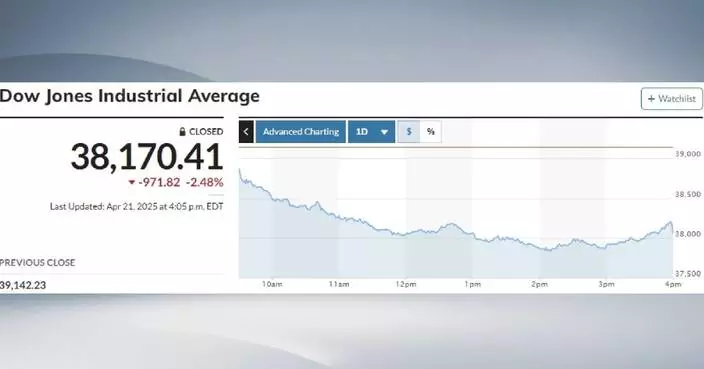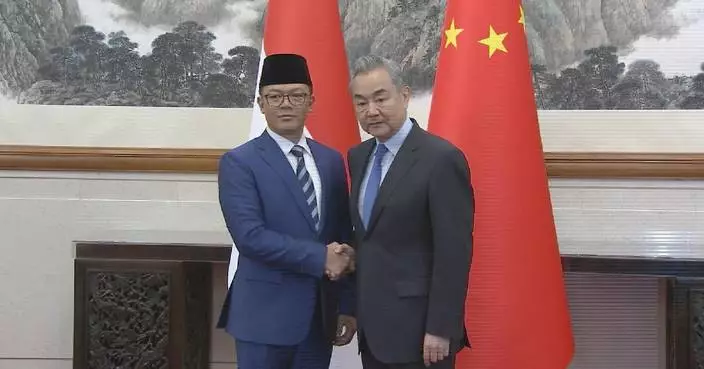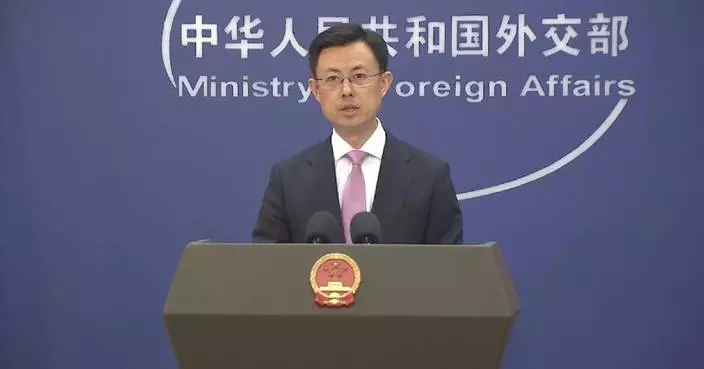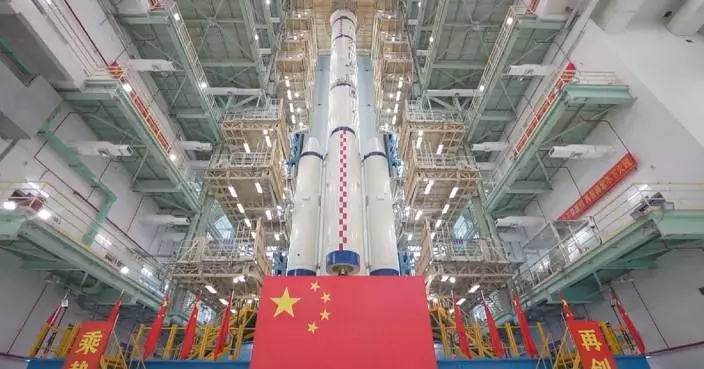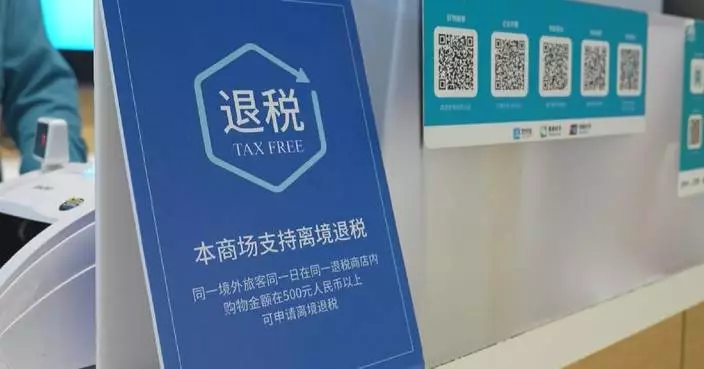The head of a Vietnamese car dealership is hopeful that Chinese President Xi Jinping's state visit to the Southeast Asian country can help strengthen business ties between the two nations and attract greater Chinese investment to Vietnam.
Xi paid a state visit to Vietnam from Monday to Tuesday at the invitation of General Secretary of the Communist Party of Vietnam (CPV) Central Committee To Lam and Vietnamese President Luong Cuong.
The visit coincides with the 75th anniversary of the establishment of diplomatic ties between China and Vietnam, with 2025 also being the China-Vietnam Year of People-to-People Exchanges.
Nguyen Thi Diem My, the CEO of a dealership that distributes vehicles from Omoda and Jaecoo -- two sub-brands under Chinese automaker Chery Automobile -- expressed the hope that Xi's visit would lead to deeper business engagement between the two sides.
"We ourselves are a company that distributes a Chinese car brand in Vietnam. I think that when President Xi visited Vietnam, it greatly encouraged many Chinese businesses to visit and invest in Vietnam in the near future. I think, and I hope that after this visit, it will open up even more opportunities for cooperation between businesses from the two countries," she said.
Xi departed Vietnam on Tuesday to wrap up the first leg of a three-nation Southeast Asian tour, which will also see the Chinese president pay visits to Malaysia and Cambodia from Tuesday to Friday.

Vietnamese car dealer hopes Xi’s visit can boost business tie, encourage investment
China will take more steps to further facilitate cross-border financial services in Shanghai by leveraging the municipality's role as an international financial center, according to a plan jointly issued by the central bank, the Shanghai municipal government and other financial authorities.
The plan outlines 18 key measures including improving cross-border settlement efficiency, strengthening the hedging of foreign exchange risks, and enhancing the insurance sector's services for export companies.
China will further optimize the management and operation of foreign exchange business, and encourage corporate groups to establish fund pools in Shanghai to achieve efficient onshore management and use of global funds.
The country will also support financial institutions to enhance their capacity to provide digital services and improve services for enterprises to expand abroad by leveraging technologies such as blockchain.
Efforts will be made to enhance the functionality and global coverage of the Cross-Border Interbank Payment System and encourage more banks to participate in the system, according to the plan.
The plan underscores the need to develop diversified products and services to hedge against foreign exchange risks, and to promote cross-border use of the Chinese currency renminbi.
According to the plan, China will increase insurance support for key export enterprises such as domestic commercial aircraft and new energy vehicle companies. The plan also encourages collaboration between insurance companies and reinsurance firms to establish insurance consortiums, thereby enhancing their capacity to cover special risks.

China to further facilitate cross-border financial services in Shanghai





